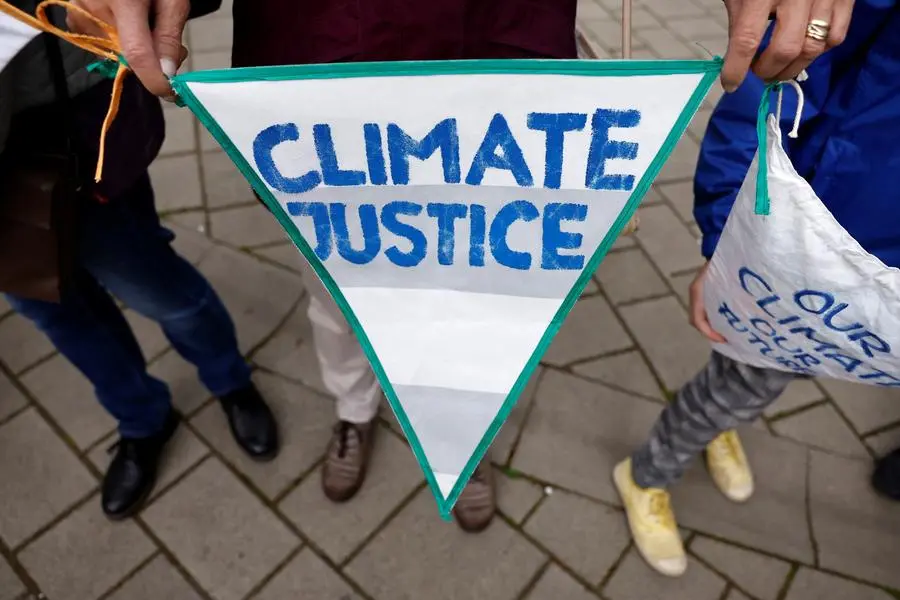PHOTO
LONDON - Trustees of a climate targets verification group at the centre of a governance storm on Friday sought to assuage concern over their plan to allow offsetting of companies' supply chain emissions.
The Science Based Targets initiative had initially laid out its plan in a statement on its website late Tuesday, prompting staff and some technical advisors to write separate letters to the board criticising the move.
Among the complaints was that the board had circumvented an established governance process and made a decision to allow offsetting of so-called Scope 3 emissions without the agreement of the broader group.
By allowing limited use of offsets for Scope 3 emissions, the hope is it will help drive money to climate friendly projects like afforestation. Scope 1 emissions, those directly under a company's control, would not be able to be offset.
In exchange for funding a project such as planting more trees, a company would be able to collect a credit that they can use to offset pollution from parts of their value chain, such as when a customer uses their products.
In a "clarification" to its April 9 statement, the trustees said no change had been made to the group's current standards and that any use of such "environmental attribute certificates" would be "informed by the evidence".
In addition, any changes to the group's standards would follow the usual process that includes a research and drafting stage as well as a public consultation, and review and approval by the group's technical council, it said.
A draft proposal about potential changes to Scope 3 will be published in July and feed into the drafting phase of the process, the statement added.
Separately, the trustees also received a letter of support from a group of non-profits and companies working with communities in the Global South most exposed to climate change, including in Tanzania, Kenya, Peru and Indonesia.
Among the 15 signatories were Brazil's Ecologica Institute and Rioterra.
The group said it celebrated the decision to allow Scope 3 offsets as "at long last" money would flow to communities working to protect nature, including through reducing deforestation, restoring grassland and reforesting mangroves.
"Simply put, if seen through, this brave shift by the SBTi Board will unlock more climate finance for natural assets and local communities in the Global South, accelerating global climate action," the group said in a letter seen by Reuters.
"We urge the SBTi staff to listen and act pragmatically, and to work expeditiously, to propose guidance to operationalize the Board's direction."
In a statement on Friday, global environmental group WWF, a founder of the initiative, said the use of offsets should be limited and not substitute for cutting a company's operating emissions.
"WWF supports science-based positions and recommendations from technical teams, whose work provides the foundation of SBTI's integrity," the group said in an emailed statement.
(Reporting by Simon Jessop in London. Additional reporting by Ross Kerber in Boston. Editing by Diane Craft)





















